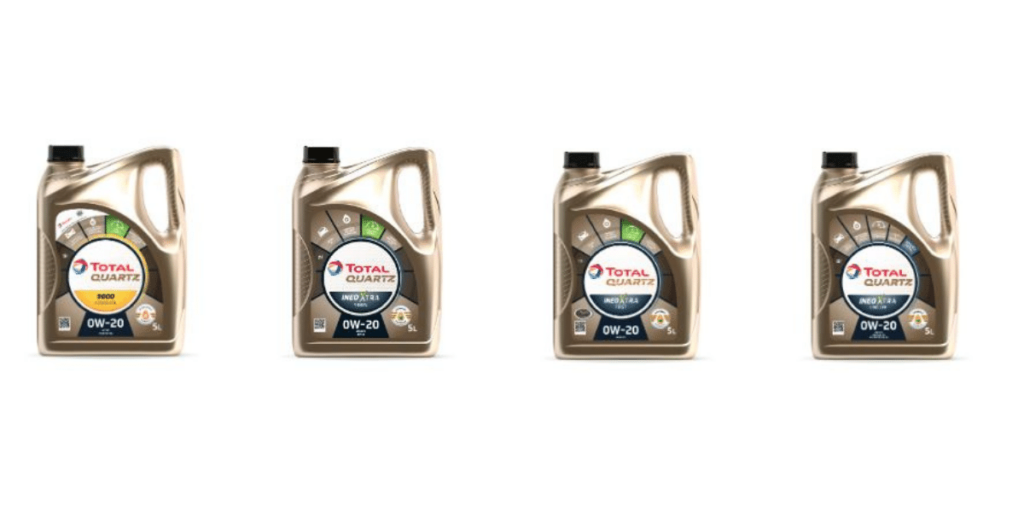0W-20
0W-20, sounds like a very light oil, even the younger audience reading this article will have heard of 15W-40 and those of a slightly older vintage will remember the reassuring tones that promised great performance from a 20W-50. A check back on automotive developments will show that engines will have doubled the power output whilst the swept volumes of the piston stroke will have gone in the opposite direction. At the same time there has been a pressing need to reduce emission from automobiles which has led to evolving engine technology and as such the lubrication technology required for these engines. So gradually over the years we have seen the development of Engine Oils to suit these new requirements from 15W-40, then going to the 10W-40 grades with the added development of semi-synthetic base oils. As the lubrication industry never rests on its laurels it wasn’t long before fully synthetic oils appeared and drain intervals increased as fuel efficiency also improved. With the advent of exhaust after treatment, engine oils had to be reformulated once again to protect these devises and Low SAPS lubricants appeared and by this time viscosity had come down to 5W-30 & 5W-20 grades.
But engine manufacturers are a restless bunch so next to appear and typically in hybrids were the downsized, turbocharged, direct injection petrol engines.
To further improve fuel efficiency, the scientists, and engineers behind all these developments started to look at the viscosity of the oil under conditions of high temperature and high shear (HTHS) and developed oils that have the lowest possible viscosity at these temperatures.
(cSt – Centistokes. cP – Centipoise)
And by bringing the viscosity down to 0W20 this allowed the HTHS viscosity to go to 2.6 cP at 150C.
These developments allowed lubricant manufacturers & Engine Manufacturers ensure best outcomes could be achieved.
- Engine components protected
- Fuel efficiency improved
- Exhaust after treatment protected.
Low Speed Pre-Ignition (LSPI).
All was well with the motoring world, well almost. Out of left field appeared LSPI. What’s that? you ask.
It is important that all mechanics take a moment to understand what LSPI is, as it can cause serious damage to an engine in a relatively short time frame.
LSPI events are random and infrequent, and their effects on impacted vehicles can include very high-pressure spikes, loud knocking noises and sometimes catastrophic engine damage.
It is a pre-ignition event that occurs in gasoline vehicle engines when there is a premature ignition of the main fuel charge.
LSPI is most common in certain turbocharged direct-injection vehicles operating in low-speed and high-load driving conditions.
When this was first discovered to be happening to these engines the industry was unsure as to exactly what conditions caused the LSPI events. As the industry experts who determine oil specifications such as the European Automobile Manufacturers’ Association (ACEA), American Petroleum Institute (API) and International Lubricant Specification Advisory Committee (ILSAC) were trying to figure out the best solution API first introduced API SN Plus which has since been upgraded to API SP. ACEA developed their C5 category now upgraded to C6 and ILSAC who developed a relevant engine test sequence went from ILSAC GF5 to ILSAC GF6. ILSAC GF6 comes in two parts A and B. The 0W-20 grades which go for approval fall into GF6A and are backward compatible to GF5. GF6B applies only to 0W-16 grades.
So, if you find that your engine needs an oil that meets one of these specifications and looks for a 0W-20 grade make sure to get a product that has achieved these standards and approvals to avoid seriously damaging the engine using the wrong oil. Whilst a lot of garages will look to consolidate their oil and use one or two main products across the mix of cars that come in for service, this cannot be done as easily with these new engines and its important to get the correct products from your trusted lubricant supplier.
TotalEnergies has a full range new generation of 0W-20 engine oils with the various international approvals mentioned above in addition to the engine manufacturers approvals. As the Irish distributor, we now stock these products in various pack sizes and are available for delivery nationwide. You can talk to us by calling 01 4555 484 or visit www.finol.ie to organise a free call with one of our technical experts to discuss your requirements. Our Customers can use our lube advisor Which Oil App and access our Technical Help Desk directly to be sure that you will be using an appropriate OEM approved product and avoid the pitfalls of LSPI.


